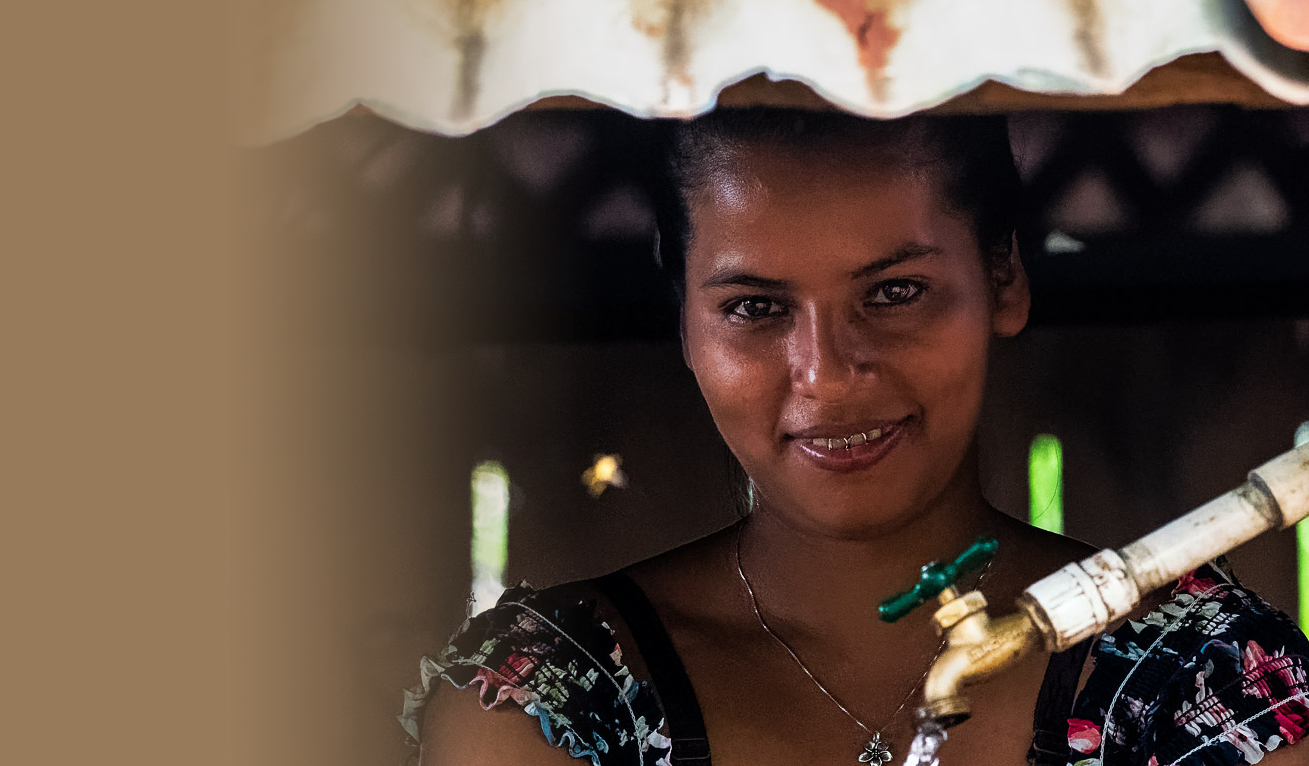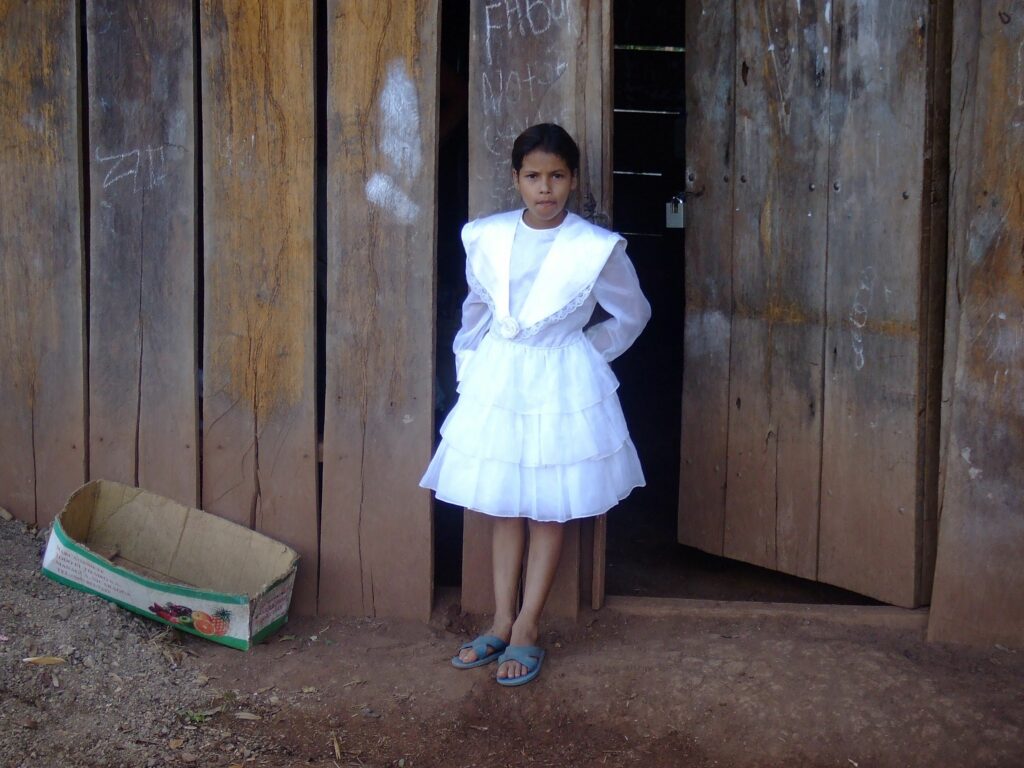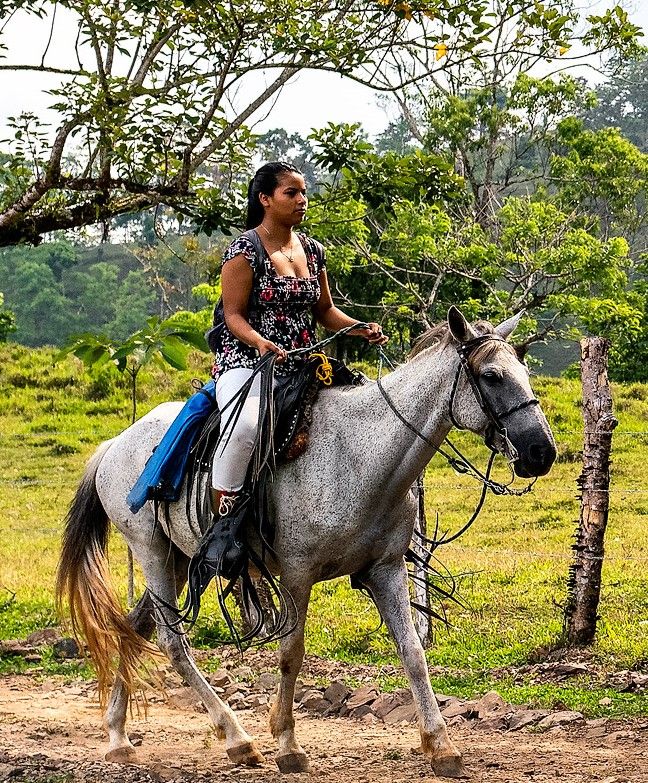
Jasmina’s belief in the power of education gives her the perseverance to continue her studies despite enormous challenges.
The scholarship she receives has propelled her on a journey towards becoming a teacher and making a lasting impact on future generations of students in her community.
Imagine that you are in a crowded school room and are trying to concentrate on an important lesson, but heavy rains transform the simple dirt floor of the schoolhouse to mud. Then the leaks from the roof splash across your textbooks. Other times, you don’t even go to school because drinking the water from the local stream causes you to suffer from stomach cramps and diarrhea. Your family doesn’t have a toilet, so you have to walk far away from the house to relieve yourself. The only water that is available to clean up with is the same unclean water that made you sick. This is the reality for many families in rural Nicaraguan communities, such as Kiwaska.
Meet Jasmina. Project Schoolhouse first collaborated with her community in 2007 to build an elementary school.
Then an enthusiastic 9-year-old, Jasmina’s curiosity was ignited through the experience of going to school. She advocated for herself in order to attend high school and became one of the few people in her community to graduate from high school.
It wasn’t an easy path. Even with Project Schoolhouse providing financial support, she often had to remind her family of how important education was to her future. In these rural communities, high school is on Saturdays only and students take their homework for the rest of the week. The nearest high school was in a distant town. To get there, she would ride her family’s horse 2 hours and then cross the river Tuma. When she decided to pursue college, she continued to take that trip…and then hopped on a bus for 2 more hours. The time commitment kept increasing, and yet so did Jasmina’s perseverance.
She remains dedicated to completing school; it’s her dream.
Not only does she want to push herself to graduate, but she also wants to become a teacher so that she can give back to the community where she grew up.
The challenges that Jasmina faced don’t have to continue being problems for future generations of Nicaraguans. They need partners who share the vision, and the willingness to make it a reality.
Written by Heather Heiss

